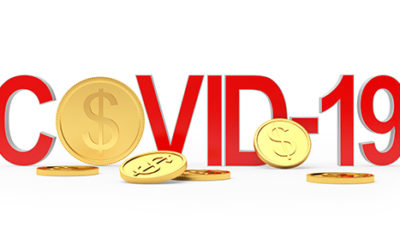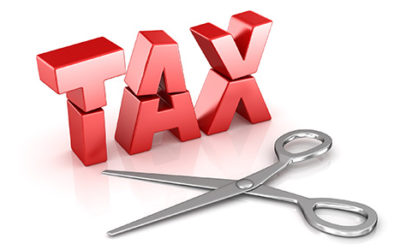The short answer: No. The stimulus check payment or economic impact payment, as the IRS calls it — is technically a refundable tax credit for 2020.
As explained by the IRS: “No, the payment is not income and taxpayers will not owe tax on it. The payment will not reduce a taxpayer’s refund or increase the amount they owe when they file their 2020 tax return next year. A payment also will not affect income for purposes of determining eligibility for federal government assistance or benefit programs.”
A tax credit reduces your tax bill dollar for dollar. If you owe $1,500 in federal income taxes and you get a $1,200 tax credit, your tax bill shrinks to $300.
A refundable tax credit is a thing of wonder. Refundable tax credits can turn your tax bill into a tax refund. For example, if you owed $2,000 in taxes but had a refundable tax credit of $2,400, you’d get a $400 tax refund check from Uncle Sam.
Because you’re getting what amounts to a refundable tax credit now in the form of a stimulus payment, rather than waiting to get the money from the credit in 2021 when you actually file your 2020 tax return, you’re in effect getting an advanced refundable tax credit with your stimulus check. Contact us for additional information, or to discuss your specific situation.


